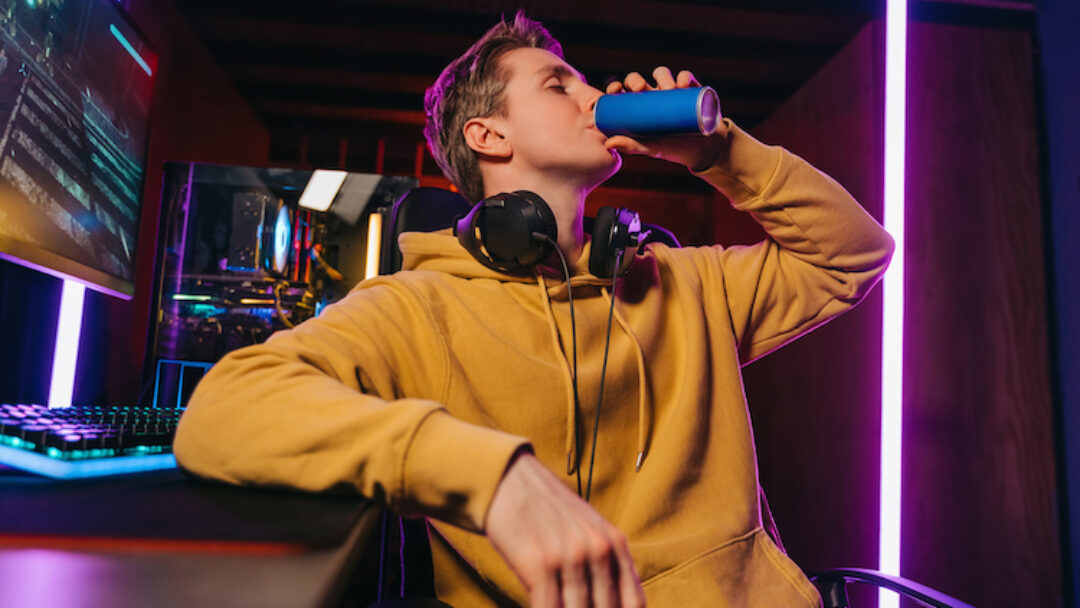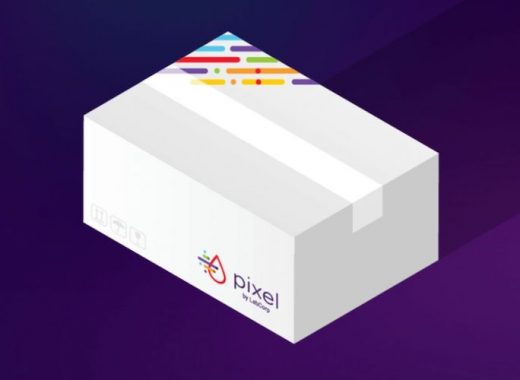New research suggests that energy drinks may have potential dangers for developing brains of young individuals.
Individuals who ingested energy drinks, designed to increase energy levels with the help of caffeine or other stimulating substances, were found to have a greater chance of experiencing mental health concerns such as attention-deficit hyperactivity disorder (ADHD), depression, anxiety, and thoughts of suicide.
The results of this study were discovered through a review conducted by Fuse, which is the Centre for Translational Research in Public Health at Teesside University and Newcastle University in the United Kingdom.
According to a recent study, consuming higher amounts of coffee could potentially decrease body fat and reduce the risk of developing type 2 diabetes, leading some to consider caffeine as a potential “wonder drug”.
According to a study published in the journal Public Health, researchers analyzed data from 57 studies involving over 1.2 million children and young adults from more than 21 countries who had consumed energy drinks.
In 2016, an initial review was conducted by the researchers, who then followed up with this current review.
The study showed there is a more extensive range of mental and physical health consequences linked to the consumption of energy drinks by children and young individuals.
According to the researchers, the amount of caffeine found in energy drinks varies between 50 mg to 505 mg per serving, whereas an 8.45-ounce cup of coffee contains 90 mg, 8.45 ounces of tea contains 50 mg, and 16.9 ounces of soda contains 34 mg.
According to the results, the researchers and other health organizations in the U.K. are urging the government to prohibit the selling of energy drinks to individuals under the age of 16.
Per the study, this indicates that energy drinks should not be included in the dietary habits of children and young individuals
It is now being recommended that U.S. policymakers follow the approach of other countries that have implemented age limitations on children’s purchases.
It is been proven that caffeine has a duration of six to eight hours before it completely exits the body. Even minimal levels of caffeine consumption can have an effect on the quality and amount of sleep. This can lead to a decrease in both mental and physical well-being, which is observed in both adults and children.
Insufficient sleep can result in diminished cognitive abilities, including but not limited to decision-making, conflict resolution, working memory, and learning. It can also cause alterations in behavior and mood, as well as a heightened risk of developing depression.
Medical experts believe that inadequate sleep can have a detrimental effect on a child’s brain development, potentially resulting in issues with learning and increased experience of negative emotions. In addition, insufficient sleep can also impact one’s ability to remember and concentrate, resulting in academic difficulties, particularly if sleep is continuously disrupted.
The U.S. Food and Drug Administration recommends that even healthy adults should not consume more than 400 mg of caffeine per day.
It is possible to consume more than the recommended amount of caffeine, which is 200 mg, by consuming a single energy drink. This is a concern especially for adults. It is advisable to steer clear of these drinks for children.
Experts go on to say that the quality of sleep has a significant impact on brain development and can have both short and long-term effects on cognitive and emotional abilities. Anything that reduces sleep quality can have a detrimental effect on these aspects. Individuals who have undiagnosed ADHD may have a tendency to lean towards stimulants, energy drinks, and caffeine.
Insufficient sleep is a significant factor in causing emotional and cognitive disruption in both American adults and children.








